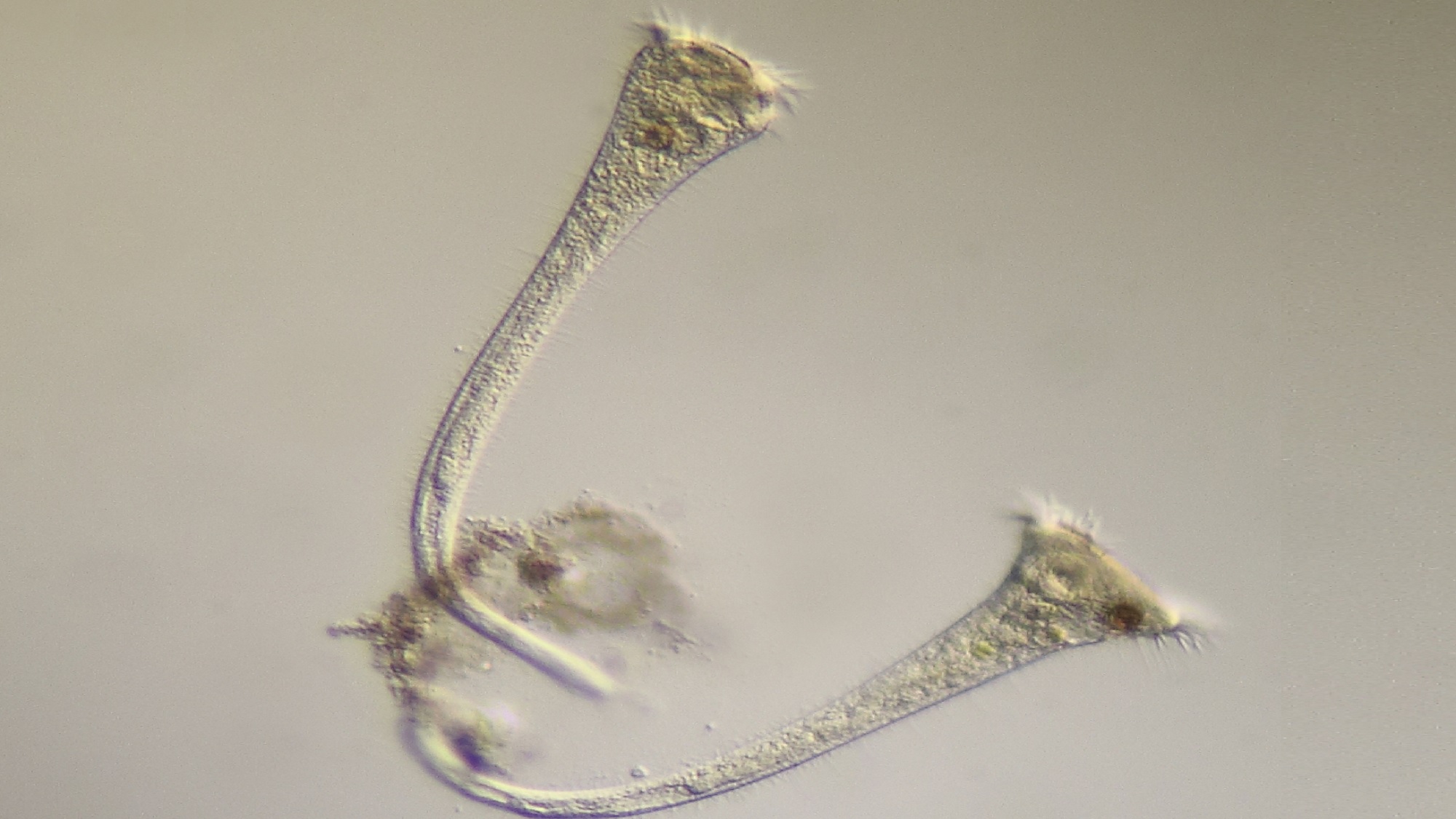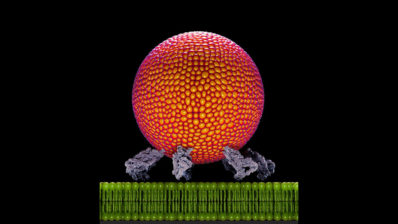For years, the capacity to learn and adapt was considered the exclusive domain of organisms with brains and nervous systems. However, new research from scientists at the Centre for Genomic Regulation (CRG) and the Department of Medicine and Life Sciences (MELIS-UPF) in Barcelona and from Harvard Medical School challenges this assumption, showing that even single-celled organisms and individual mammalian cells can exhibit a basic form of learning – what we call habituation.
Habituation occurs when our response to a stimulus gradually diminishes as the stimulus is repeated. Think about when humans, for example, stop noticing the ticking of a clock over time. This phenomenon has been extensively studied in animals, and previously thought to require complex neural systems – with evidence that single cells exhibit similar behaviors often overlooked or dismissed.
“For single cells to learn would mean their internal molecular networks somehow perform functions like those carried out by networks of neurons in brains. We wanted to explore how they could do that”, says Rosa Martínez Corral, co-corresponding author of the study and who is based at the Barcelona Collaboratorium, a joint initiative between the CRG and European Molecular Biology Laboratory – Barcelona (EMBL Barcelona).
“Dissecting” a tiny unicellular organism
The teams focused on the ciliate Stentor roeselii, a single-celled organism with a ‘trumpet’ shape. But rather than looking at the cells in a Petri dish, they used computer modelling and mathematical equations to analyze how cells process stimuli.
The researchers found there were two types of ‘memory storage’ in the networks used by the cells to fine-tune their responses to stimuli: certain biochemical reactions occured faster than others, enabling cells to both react immediately and store memory-like information for future responses. This “timescale separation” mechanism mirrors aspects of learning and memory in multicellular organisms.
The implications of these findings are profound. The discovery that cells can “learn” could have practical applications in medicine, particularly in understanding how cancer cells resist chemotherapy or how bacteria develop antibiotic resistance. In such cases, cells seem to adapt to and “remember” their environments, posing challenges for treatment.
Also, the fact that individual cells may exhibit this basic learning behaviour, linked to their relative simplicity at the biomolecular level, could help facilitate our study and understanding of the mechanisms of memory and learning.
Lina Eckert, Maria Sol Vidal-Saez, Ziyuan Zhao, Jordi Garcia-Ojalvo, Rosa Martinez-Corral, Jeremy Gunawardena. Biochemically plausible models of habituation for single-cell learning. 2024, Current Biology 34, 1–13. https://doi.org/10.1016/j.cub.2024.10.041






